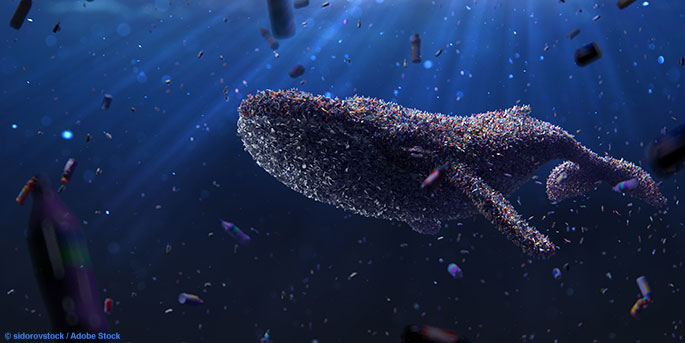
We’ve all seen the photo of a dead turtle with plastic six-pack beer package around its neck, or a decomposing seabird full of plastic debris in its stomach. These are the obvious scenes which evoke the most human emotion towards the fight against plastic pollution.
However, there are many more impacts plastics are having on the environment. Some of the more unexpected ones are:
1) Interference with the food chain
Not only are animals being strangled and choked by mistaking plastics for food; they are ingesting it and living with it. Plastic micro-particles enter the food chain at the very beginning after being eaten by small fish and other organisms. The particles are transferred up the chain through predator-prey relationships. Some particles are shed through excrement which then floats to the sea floor. With the large amount of seafood humans consume, this is a global issue with potentially high and long-term consequences.
2) Upsetting biological functions
Once ingested, plastics can interfere with the biological functions of an organism, such as hormonal balances and the development of young. We don’t yet know the full range of impacts this may have on the environment.
3) Groundwater contamination
Parts of the environment act as a natural sieve for plastic pollution transported there through wind and run-off water (for example wetlands). It sits there for long periods, and can slowly release toxic chemicals into the ground. After rain, these chemicals seep further down into groundwater systems, where their impacts are largely unknown.
4) Air pollution
Plastics are often made using oil and gas which is extracted from the earth. The extraction process can release a swathe of toxic chemicals into the atmosphere, contaminating the air we breathe and adding to greenhouse emissions.
We can all help to reduce environmental impacts by avoiding the use of plastics where possible and responsibly dealing with plastic waste in our own home. For example, using recycling bins and programs provided by government and industry. Together, the war against plastic pollution can still be won!











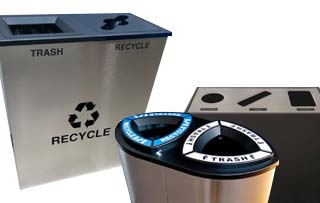









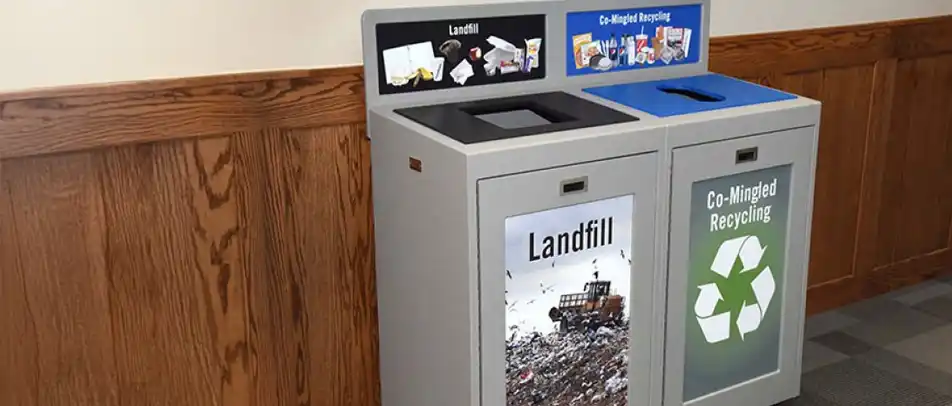










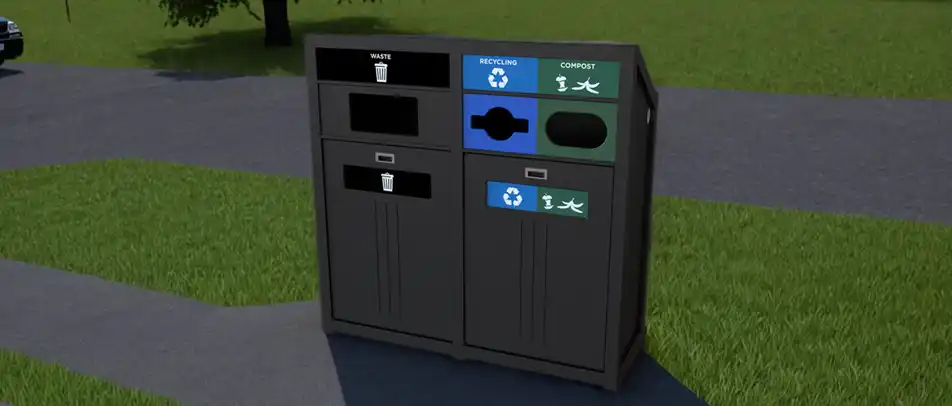












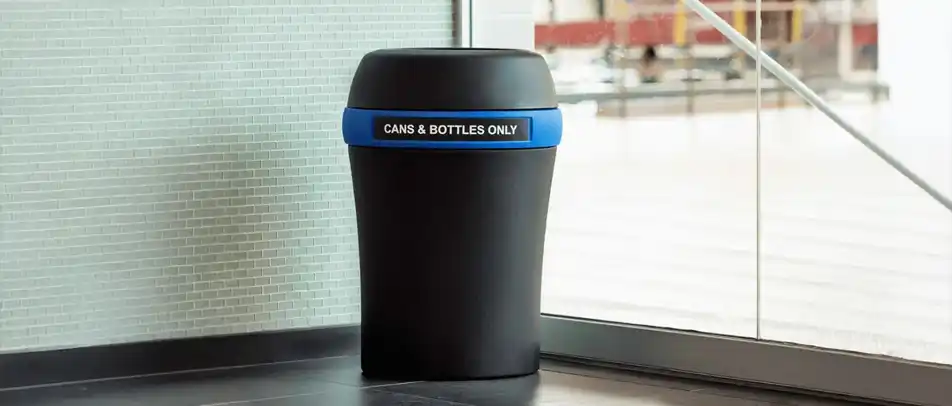









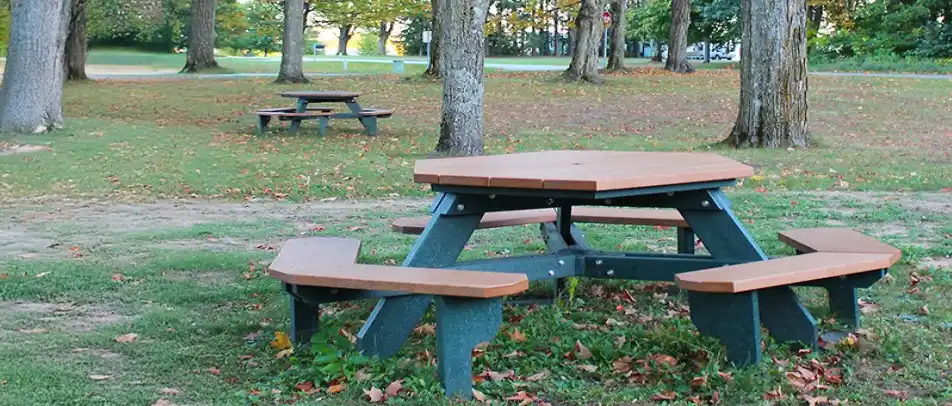
































 Three Ways to Engage Teams and Clients to Maximize Your Recycling Program Engagement
Three Ways to Engage Teams and Clients to Maximize Your Recycling Program Engagement  How to Integrate Accessibility Into Your Sustainability Planning
How to Integrate Accessibility Into Your Sustainability Planning  Why Park Benches Can Promote Workplace Well-Being
Why Park Benches Can Promote Workplace Well-Being 
